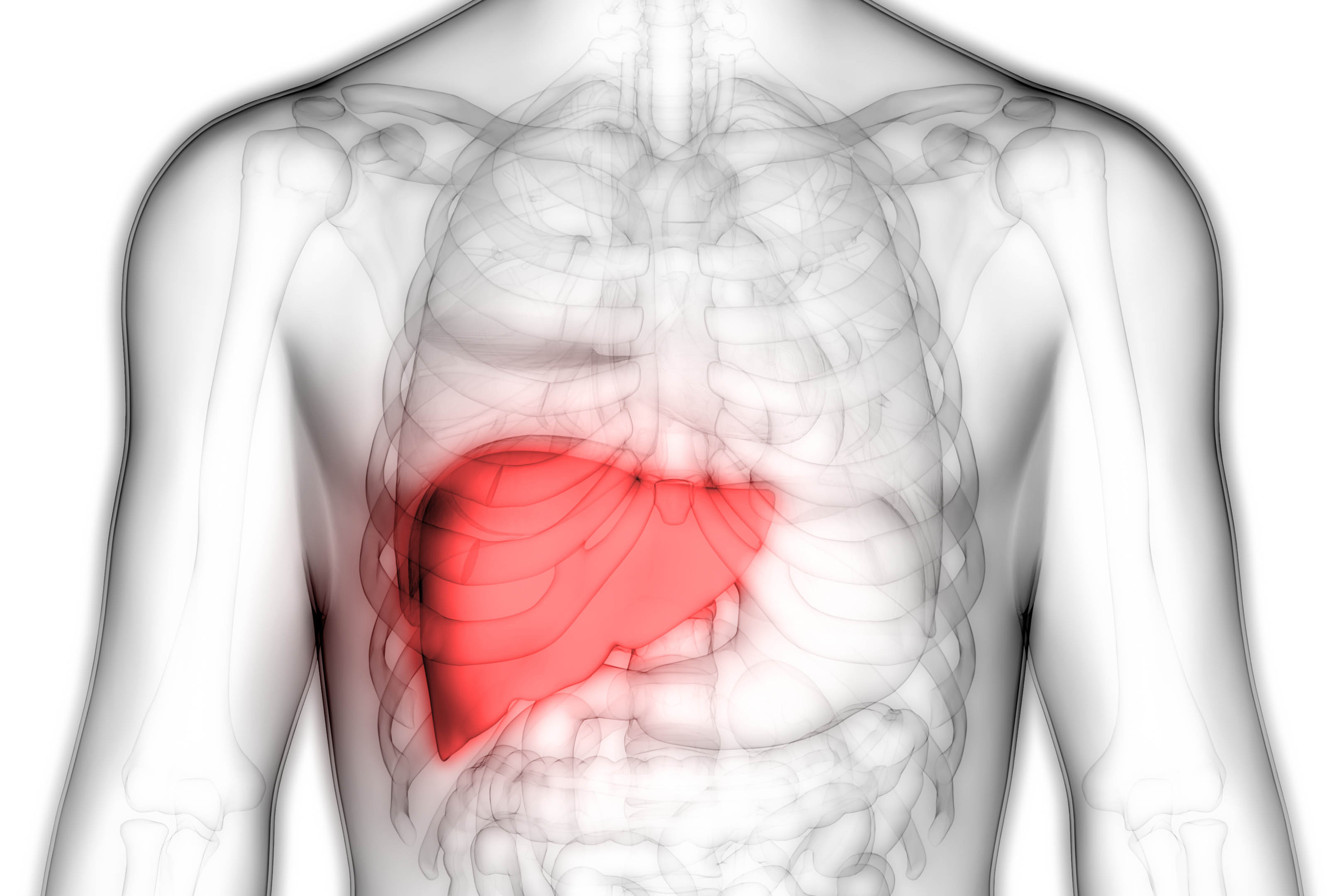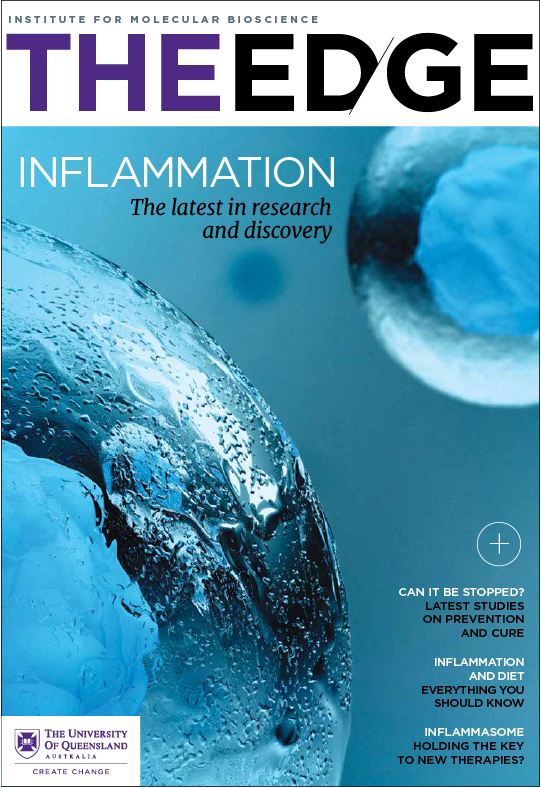A mission to reprogram innate immunity to combat inflammatory and infectious diseases has been supported by a National Health and Medical Research Council (NHMRC) Investigator grant for the next five years.

Professor Matt Sweet from the Institute for Molecular Bioscience studies innate immunity, which is the body’s first response to environmental threats—it protects us against infection, but also drives destructive inflammation. Innate immunity and inflammation play key roles in nine of the top ten causes of death globally.
Our innate immunity senses danger, responding to stresses caused by infection, injury, genetic factors or environmental stimuli, and macrophages are the key drivers.
Macrophages are the immune cells that protect the body by engulfing dangerous intruders such as bacteria—and they use receptors, such as toll-like receptors (TLRs), to sense danger.
When activated, TLRs assemble a whole suite of antimicrobial responses, which can clear infectious agents, and initiate repair.
Investigating chronic liver disease and inflammatory bowel disease

“This funding will allow us to investigate the mechanisms that TLRs respond to inflammation and microbes—giving us insights into how we can treat and reduce the severity of inflammatory and infectious diseases,” Professor Sweet said.
Chronic liver disease and inflammatory bowel disease are two of the inflammatory diseases that Professor Sweet’s research will investigate. In these diseases, innate immune cells called macrophages drive damaging inflammation.
“By investigating the molecules involved in activating macrophages, we can find new anti-inflammatory agents with potential as drug treatments to reduce inflammation in disease.”
Tackling infectious diseases

Professor Sweet’s research also tackles infectious diseases.
“Pathogenic bacteria and viruses must overcome our innate immunity in order to establish an infection and cause disease,” Professor Sweet said.
“Some bacteria such as Salmonella and viruses such as HIV can actually live inside macrophages to evade the immune response.”
“We have found that one of the ways that macrophages fight off some pathogens is by harnessing zinc to poison them, and by understanding this and other antimicrobial mechanisms, we hope to boost the macrophage’s response to combat infectious diseases.”
Tackling infectious disease is particularly pertinent as the threat of antibiotic-resistant bacterial infections is on the rise and bacterial co-infections in patients with respiratory virus infections is also a major concern.
The Institute for Molecular Bioscience is leading the global fight to stop this pandemic problem.
Read our magazine The Edge Inflammation: The latest in research and discovery.




